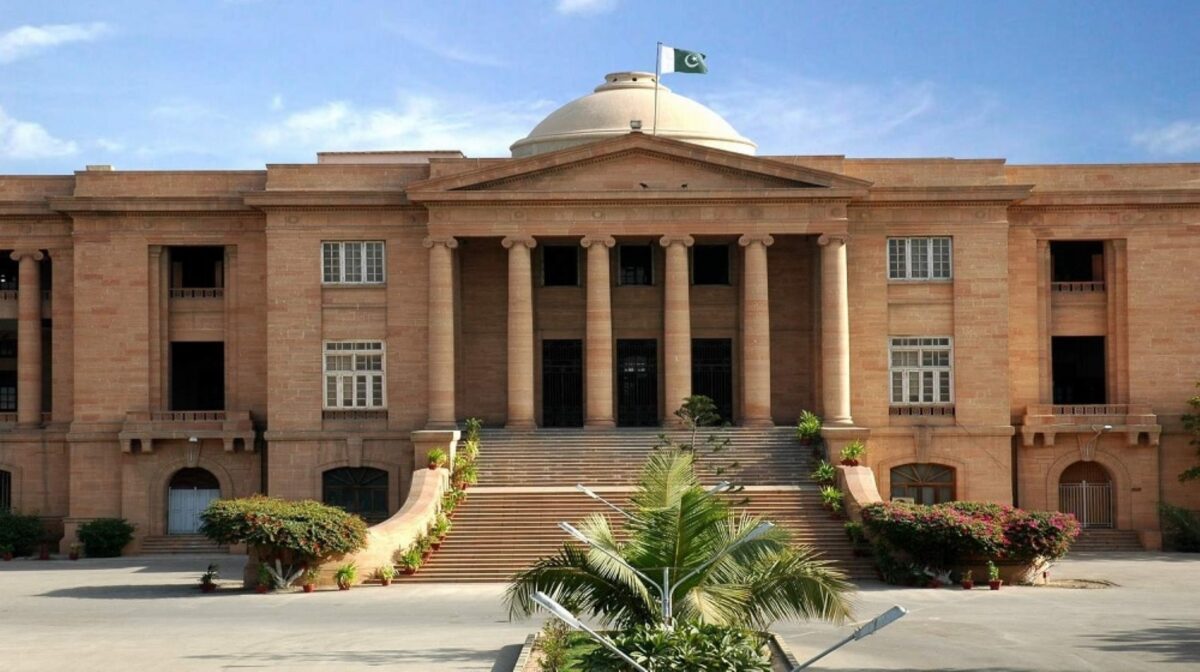ISLAMABAD, AUGUST 11: The plea of twelve top Inland Revenue Service personnel who contested their transfers to the Federal Board of Revenue’s (FBR) Admin Pool was denied by the Sindh High Court (SHC).
The findings state that the FBR recently transferred a number of tax officials to a shared pool on the basis of internal standards including reputation, performance, and integrity. During the last week of July 2024, the court’s summer holiday, twelve policemen stationed in Karachi opposed this transfer in the Sindh High Court and won stay orders.
After hearing the issue in detail, the court dismissed the civil suit that was filed in opposition to their petition of transfer to the FBR’s Admin Pool. Their case is set for a full hearing following the vacation.
According to the SHC’s order, the FBR published two notifications on July 3, 2024, which served as preliminary approval for the transfer of Inland Revenue Service officers—admittably, government servants—to another location. In this lawsuit, twelve IRS officers who are currently on the job have requested that their transfers be declared equivalent to OSD and reversed.
In light of the bar included in Article 212 of the Constitution, the office has expressed concerns about maintainability, among other things, regarding how an issue relating to terms and conditions of employment of federal servants may be agitated in a civil complaint.
The only decisive question on this Court’s agenda is whether the plaintiffs’ current grievances might be resolved by a civil suit, given the interpretation of Article 212 of the Constitution by the Supreme Court in various cases, most notably Ali Azhar Baloch.
The Constitution’s Article 2124 grants the service tribunals sole competence to decide cases involving the terms and conditions of employment for public employees.
The SHC ruling stated that the plaintiffs’ status as civil servants are unquestionably acceptable. The contested notifications make it abundantly evident that only a transfer is being considered, regulated among other things by section 10 of the 1973 Civil Servants Act. The memorandum of plaint’s paragraph 9 states clearly that the contested notifications relate to transfers; however, these transactions could be regarded as being made OSD.
It is crucial to note right away that the contested notifications make no reference to OSD, and nothing has been said in front of the SHC to suggest otherwise than what is clear from their simple language. It is worth noting that the prayer section does not contain any language requesting a declaration that the contested transfers be seen to be the same as if they had been rendered as OSD.
Any public servant who feels wronged by a departmental authority’s order regarding any of the terms and conditions of their employment is entitled to file an appeal with the tribunal, according to Section 414 of the Services Tribunals Act of 1974. The clause in section 4(1)(b)15 prima facie relates to decisions made by a departmental authority about an individual’s eligibility for a promotion to a higher grade or to be appointed to or hold a specific position. There is no indication of such a conclusion in the contested









